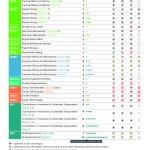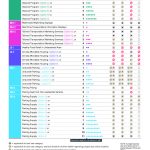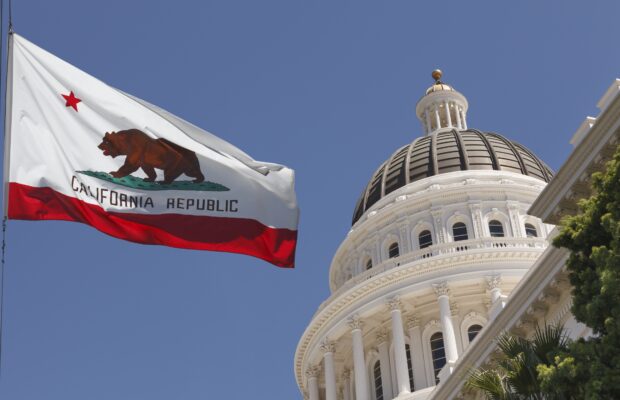 On February 7th, the San Francisco Board of Supervisors unanimously approved the implementing ordinance for San Francisco’s Transportation Demand Management (TDM) Program. Pending the Mayor’s approval, the TDM Program will take effect in March. What does this mean for project sponsors?
On February 7th, the San Francisco Board of Supervisors unanimously approved the implementing ordinance for San Francisco’s Transportation Demand Management (TDM) Program. Pending the Mayor’s approval, the TDM Program will take effect in March. What does this mean for project sponsors?
Developers must now incorporate TDM features into their projects, chosen from a menu of options in the City’s adopted TDM Program Standards. As the number of on-site parking spaces proposed for a project increases, developers must include more TDM features such as bicycle parking and amenities, car-share parking, and vanpool programs.
Menu of Options from TDM Program Standards:
To see how these new requirements would apply to your project, check out the Planning Department’s interactive web-based tool (soon to be updated to include the amendments to the TDM Standards discussed below), or its Excel tool (already updated to include amendments).
Project sponsors are now required to submit a draft TDM Plan along with all Preliminary Project Assessment applications (and Development Applications for projects that have already submitted PPAs), and must discuss TDM measures and solicit community feedback at all required pre-application community meetings.
Since our last post on the topic, important changes were made to both the implementing ordinance and the TDM Program Standards, which can be reviewed and modified by the Planning Commission at any time. Grandfathering language was added to the ordinance—projects that filed an Environmental Evaluation Application or Development Application on or before September 4, 2016 must meet 50% of the TDM target. Projects filing a Development Application between September 4, 2016 and January 1, 2018 must meet 75% of the TDM target. After 2018, no grandfathering is available.
The TDM Program Standards were amended by the Planning Commission on January 19th, and larger projects obtained some relief through these amendments. Large projects must only obtain 80% of the total available TDM points—without that amendment, some large projects would have exhausted the available number of TDM points. A previous version of the Standards would have required those projects to reduce parking below the amount permitted under the Planning Code. Numerous other changes were made, including amendments to address small projects and revised point totals available for providing on-site affordable housing.





